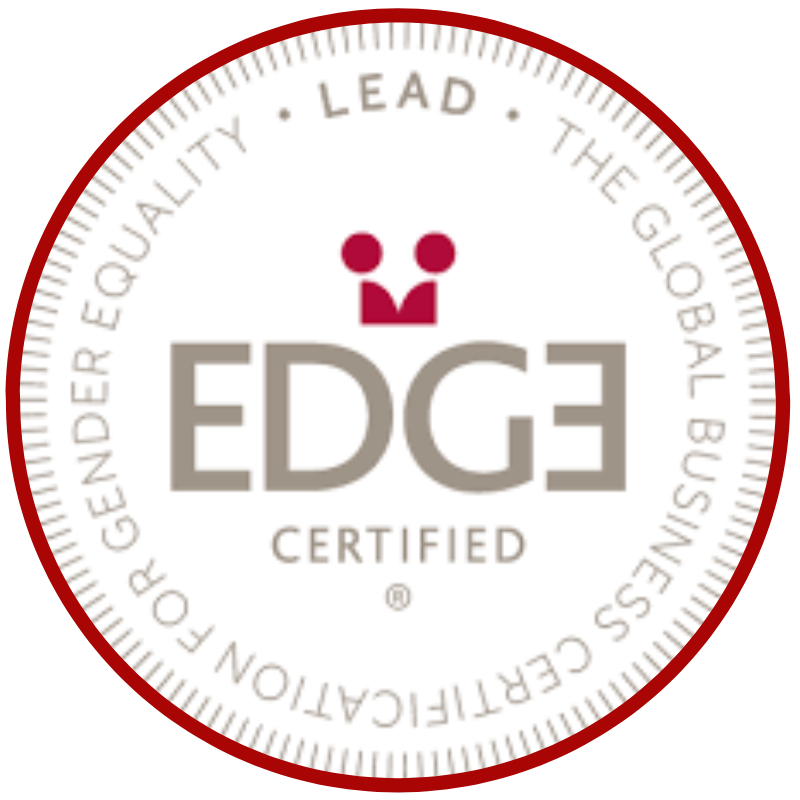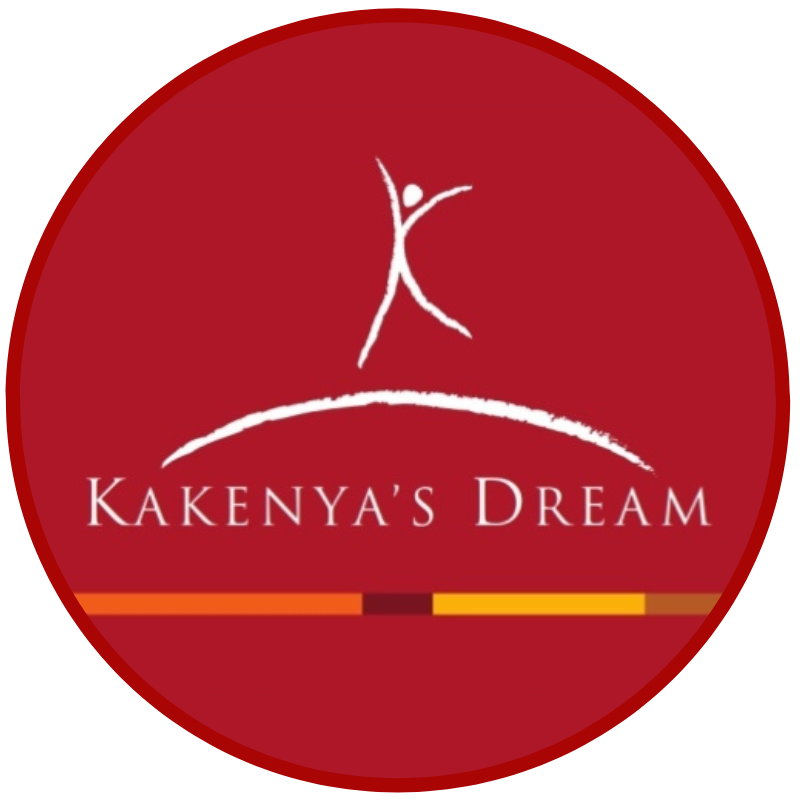This past weekend, 250,000 women and girls (mostly) filled the National Mall in Washington, DC for “Rock the Mall,” a celebration of the Girl Scouts’ 100th Anniversary. I interviewed my friend and former Clinton Administration colleague, Lidia Soto-Harmon about this and more. Lidia is the CEO of the Girl Scout Council of the National Capitol Area:
This is the Girl Scouts’ 100th anniversary. Has the Girl Scouts changed over the years?
The Girl Scouts are about listening to girls’ voices and giving them a voice. That’s why Girl Scouts is still relevant. It’s not about what adults think girls want; it is about finding out what the girls want, and providing the girls with a way to implement that. The highest award in Girl Scouts (the Gold Award) is about community service and leadership.
After 100 years, we are still advocating for girls, but the research shows that girls not achieving as much as they should be doing. For example, there have been 12,000 men in the US Congress and only 277 women. We still need to change the dynamics so that girls can be leaders and Girl Scouts and can help with that. The Girl Scouts have a program called “To Get Her There,” to help girls see how they can lead in a more cooperative environment, which is what our research shows girls want a different leadership style. We see that the girls want to help their community, and make a difference and they don’t see traditional notions of power being rewarding.
Talk about Rock the Mall; you had 250,000 Girl Scouts here in DC?
What an amazing experience. We said “build it and they will come,” and they did. It was all about girls’ empowerment and the power of the grassroots. We did the whole thing through Facebook and the website; we did not hire an outside firm to help build a crowd! My two sisters came – one from Sacramento and one took a 17 hour train ride from Chicago with her troop. By the time they pulled into DC, the entire train was full of Girl Scouts! I met one group from New Jersey with four generations of Girl Scouts, starting with an 80 year old grandmother.
What were some of your favorite moments of Rock the Mall?
In conjunction with Rock the Mall, our sponsor Dove launched a wonderful campaign “Women Who Should Be Famous,” and the whole concept is about finding role models for girls who have made a real difference. It’s about changing the definition of who should be famous and what is important, and about changing the world. Everyone who was at the Rock the Mall should be famous.
Also, I just loved seeing how so many people love the organization and that they came from all over the world – Europe, Japan and Mexico. They all came because they wanted to be part of a mass gathering of women and girls who want to be part of the future.
I knew you when we worked for the Clinton Administration. What attracted you to working for the Girl Scouts?
The Girl Scouts are about changing the world, and so I’ve found my mission here. It’s so incredible to seeing how it changes women and girls, like the troop leaders who never had a lot of self-confidence but are now running projects that are huge. I love seeing the intergenerational piece of the Girl Scouts – there were women in 70s and 80s who came out because they still feel connected to the Girl Scouts.
Were you a Girl Scout?
I wasn’t; I grew up in Latin America and we didn’t have Girl Scouts. But now it’s part of my family. My 16 year old daughter is a Girl Scout. My two sisters are Girl Scouts. My parents buy lots of Girl Scout cookies.
If we were around in another 100 years, what would expect the Rock the Mall to be like?
Right now, there are 3.2 million girls in the Girl Scouts. I’d like to quadruple that. Girls need more opportunity to be in organizations that help promote girls and women, whether that is the Girl Scouts or another organization. We need more women who have been impacted by the ethical values that Girl Scouts have, more women and girls in positions of authority leading in a team centered way. All of our women Secretaries of State were Girl Scouts, and they have all made a tremendous difference in the world.





